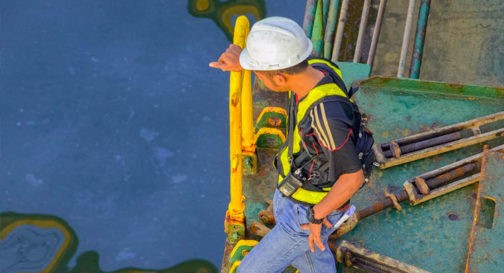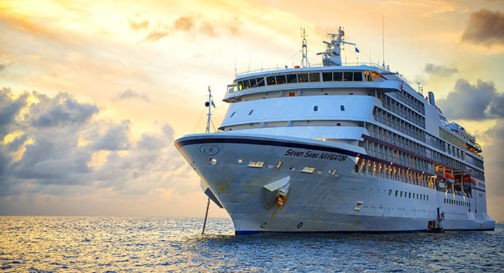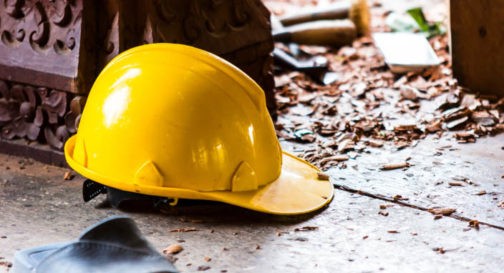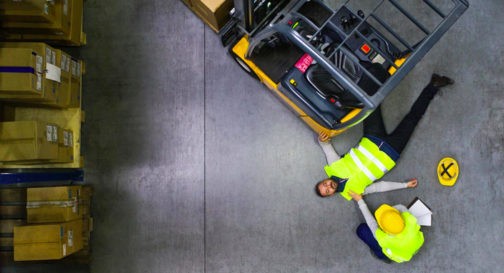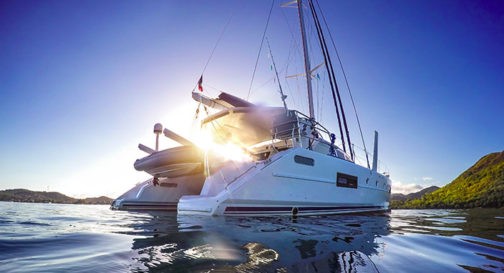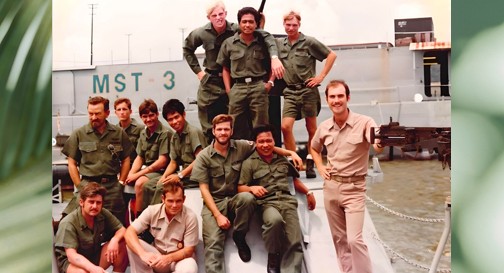A Guide to the 4 Pillars of Maritime Law
June 26, 2022
Maritime law is both national and international in nature. While almost every country with access to navigable waters will have their own maritime laws, countries have come together to establish international treaties to help provide some basic standards of maritime law. Having international maritime laws facilitates a global economy by enabling safe, efficient shipping all over the globe. Although there are multiple treaties and conventions that make up international maritime law, four conventions in particular are considered to be the pillars of international maritime law. It is important to understand what each of these conventions cover and how they affect the rights and obligations of ship owners and operators, seafarers, as well as those persons and entities that suffer injury or property damage in a maritime accident.
What Are the Four Pillars of International Maritime Law?
There are four treaties or conventions that are considered the cornerstones of international maritime law. These include:
- The Safety of Life at Sea (SOLAS) Convention
- The International Convention for the Prevention of Pollution from Ships (MARPOL)
- The Convention for Standards of Training, Certification and Watchkeeping for Seafarers
- The Maritime Labor Convention
These four conventions are overseen by the International Maritime Organization, a specialized agency of the United Nations. While not every UN member is a signatory or has ratified each convention, in practice almost every country in the world generally follows the provisions outlined in each convention.
Safety of Life at Sea Convention
SOLAS establishes minimum safety requirements for the merchant shipping industry. The convention specifically applies only to vessels that travel in international waters, excluding warships, cargo ships weighing less than 500 gross tons, non-propelled ships, wooden vessels, non-commercial pleasure vessels, and fishing ships. All countries that have signed the SOLAS Convention must ensure that all ships registered under their flag comply with SOLAS standards, including adopting standards into domestic maritime laws and regulations.
SOLAS’s origins begin with the Titanic sinking, with the safety recommendations coming out of that disaster being implemented into the first version of the SOLAS Convention in 1929. Upon its enactment, SOLAS was the first major safety convention for the maritime industry. Some of the safety requirements adopted by the first SOLAS convention included having sufficient numbers of lifeboats for all crew and passengers, conducting regular lifeboat drills, and inspections to ensure that safety equipment was in good condition and that crew knew safety protocols.
The current version of SOLAS, adopted in 1974, includes additional basic safety requirements for oceangoing vessels, including maintenance and operation of shipboard machinery, fire protection and suppression systems, and other lifesaving appliances. The current Convention also includes provisions to make it easier for amendments to be implemented to take advantage of improvements in maritime safety technology.
International Convention for the Prevention of Pollution from Ships (MARPOL)
MARPOL is the primary international convention designed to prevent environmental pollution by sea vessels, whether due to accidents or from normal ship operations. MARPOL was intended to cover the fact that much of the world’s oceans are not under the jurisdiction of any country. The Convention ensures that environmental standards apply even in international waters. MARPOL was enacted in 1973 in response to the Torrey Canyon oil spill in 1967, which was the largest spill to date. Problems with enforcement in the first years of the Convention led to the adoption of the 1978 MARPOL protocol, which came into force in 1983.
MARPOL applies to all vessels flagged under a signatory country. All signatories to the Convention are required to incorporate MARPOL regulations and requirements into domestic law. MARPOL regulations include standards for discharge and cleaning of operational shipping waste, handling of hazardous cargo, and ship design and construction standards to reduce the risk of spillage due to accidents at sea.
Standards of Training, Certification and Watchkeeping
STCW, enacted in 1978, establishes minimum standards for qualifying vessel crews, including masters, officers, and watchkeepers. The Convention is designed to avoid the safety concerns that result from having vessel crews with widely varying knowledge, training, and experience. Specifically, the Convention requires that any training for certification as a master, officer, or other crew role be provided by an authorized source. SCTW applies to all crew members who serve on vessels longer than 24 meters. The Convention requires crew holding certain positions to have certifications, minimum sea-time, and/or refresher courses. The Convention even applies to vessels flagged under countries not party to the Convention, when those vessels visit ports in countries that are members.
STCW is split into two parts. Part A sets forth the mandatory crew standards, while Part B offers recommended standards.
Maritime Labor Convention
The Maritime Labor Convention, which came into force in 2013 establishes minimum working and living standards for vessel crews. Some of the standards covered by the MLC include:
- Minimum age for crewmembers
- Medical requirements and certification standards
- Minimum training and qualification requirements
- Requirements for crewmember safety training
- Employment contracts
- Wages and pay rules
- Staffing levels
- Hours for rest
- Access to accommodations and recreational and medical facilities
- Entitlement to leave
- Repatriation
- Skills and career development
- Compensation in the event of ship loss
- Risk assessments to evaluate potential workplace accidents
- Reporting system for work-related injuries or occupational diseases
The MLC does not apply to ships that operate in inland or sheltered waters, to fishing vessels, or to warships and other government auxiliary vessels. However, any other vessel flagged by a member country of the MLC is subject to the convention. It also applies to any non-exempted ship that enters a port in a country that is party to the Convention, regardless of whether the country where the ship is registered has ratified the MLC.
Contact a Maritime Law Attorney from The Law Offices of Preston Easley to Learn More about Your Legal Rights on the Sea
If you were hurt in an accident on the seas, contact The Law Offices of Preston Easley today for a free, no-obligation consultation to speak with a maritime accident attorney. Our firm can help you understand your legal rights for seeking recovery for your injuries, including how international maritime law may apply to your case.


